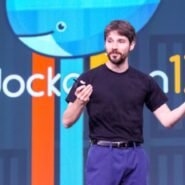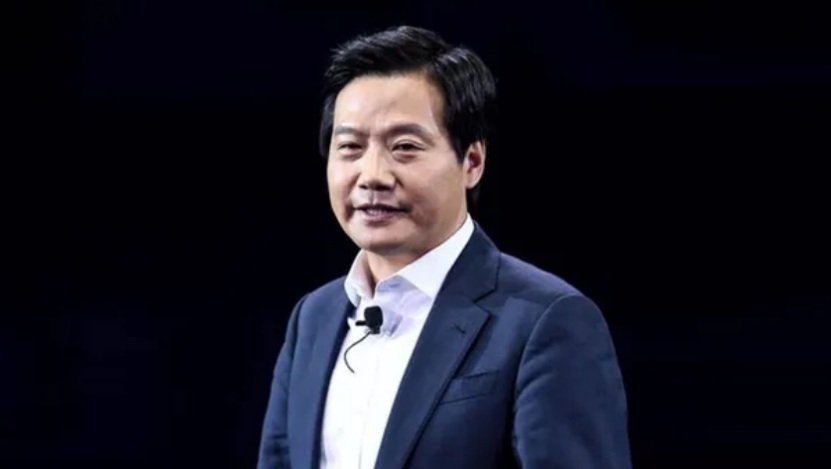Shuntaro Furukawa, born on January 10, 1972 in Tokyo, Japan (52 years old), is the current president of Nintendo, a multinational company from Japan that manufactures and develops video games. Furukawa is the sixth president in the company’s history and has held the position since 2018.
During Furukawa’s term, and fitting his role as a business executive leader, the development of the “Nintendo Switch” exploded — a console that achieved millions in sales and was, at one point, ranked as the third best-selling console in the world, behind the PlayStation 2 and the Nintendo DS.
Furukawa’s beginnings
He completed both high school and university in Japan, his home country. During his university years, Furukawa chose to study Political Science and Economics, graduating in 1994 — the same year he began working at Nintendo at age 22.
It’s no coincidence he joined Nintendo, given his heavy use of video games, a tool that proved vital in both his life and professional career. His first roles within the Japanese multinational were in accounting, specifically in Europe, where he gained significant experience.
Over the years, in various articles aiming to shed light on the life of Nintendo’s current president, many have highlighted Shuntaro’s skill with languages and his ability to adopt them natively — whether by coincidence or not, this allowed him to gain even greater prominence in the Japanese company later on.
Sixteen years after joining Nintendo, in 2010, when the company was enjoying strong success with the Nintendo DS and the “Wii” console, Furukawa was transferred to the marketing department, where he served as executive director in the global area. This move was closely tied to his long tenure in Europe.
The Pokémon Company
In 2012, Furukawa was once again promoted within the Asian multinational and took charge of The Pokémon Company. This meant he became one of the directors responsible for everything related to Pokémon — brand visibility, internal and external agents, sponsors, and more.
However, the role Furukawa held at that time was different. Since Nintendo owned a percentage of Pokémon, Furukawa, upon becoming a director, became a co-owner as a representative of the video game multinational. He was also responsible for Pokémon operations abroad, during a period of booming sales for the company’s consoles.
Another particularity within The Pokémon Company — unlike Nintendo, which focuses more on console and video game development — is that Furukawa became the public face of brand management and the cool-headed organization leader.
A new step for Furukawa came in 2015, when he climbed another level and became General Manager of one of the Planning departments — a move that fit the phase he was in at both Nintendo and Pokémon.
Before becoming president, the launch of the Nintendo Switch years earlier was a major stepping stone for Shuntaro. Fluent in English and other languages, he was brought into the board of directors as General Manager of the Corporation to analyze and discuss development of the upcoming console. This step — a huge leap in his career — was approved by almost 100% of the company.
President and Nintendo Switch
In April 2018, during one of the board meetings in which Shuntaro already participated, he became CEO and the sixth president in Nintendo’s history. During these years, the new console, the “Nintendo Switch,” caused a revolution in the digital world, as it was in many ways the successor to the Wii thanks to its portability.
With over 146 million units sold, the console placed itself in the top 3 of the best-selling devices in the world — behind the PlayStation 2 and the Nintendo DS. More recently, it has even surpassed consoles like the PlayStation 5 and the Xbox.
At 46, Shuntaro Furukawa, in addition to becoming the sixth president of the video game company founded in 1889, emerged as a young leader with a notable management spirit, as he had shown at The Pokémon Company.
That is Furukawa’s path within Nintendo and the business world — from an ordinary employee in the company’s accounting department to a prominent president and CEO in Asia, and especially in Japan.








